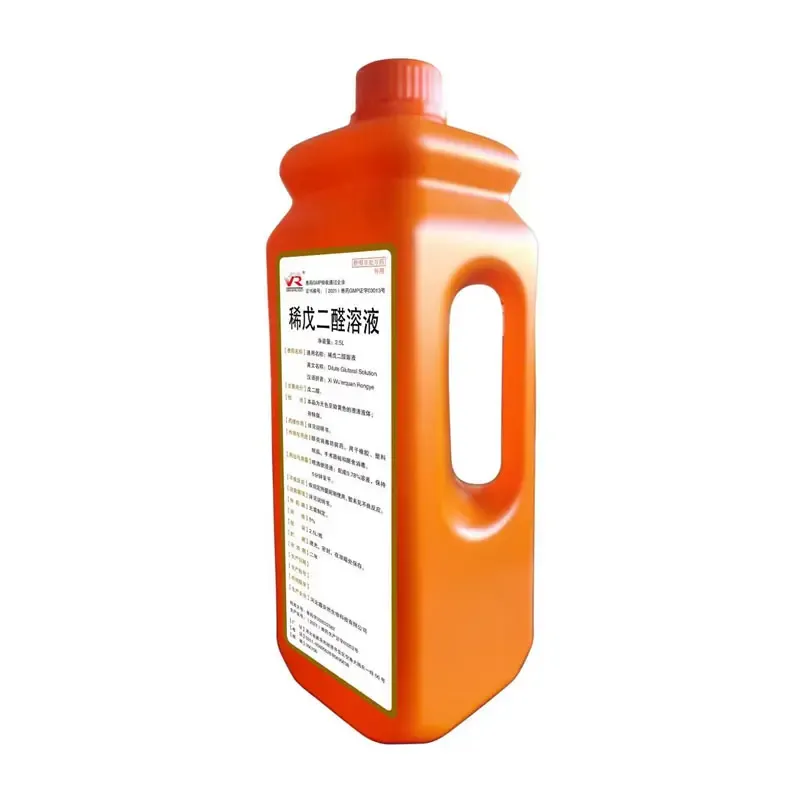- Afrikaans
- Albanian
- Amharic
- Arabic
- Armenian
- Azerbaijani
- Basque
- Belarusian
- Bengali
- Bosnian
- Bulgarian
- Catalan
- Cebuano
- Corsican
- Croatian
- Czech
- Danish
- Dutch
- English
- Esperanto
- Estonian
- Finnish
- French
- Frisian
- Galician
- Georgian
- German
- Greek
- Gujarati
- Haitian Creole
- hausa
- hawaiian
- Hebrew
- Hindi
- Miao
- Hungarian
- Icelandic
- igbo
- Indonesian
- irish
- Italian
- Japanese
- Javanese
- Kannada
- kazakh
- Khmer
- Rwandese
- Korean
- Kurdish
- Kyrgyz
- Lao
- Latin
- Latvian
- Lithuanian
- Luxembourgish
- Macedonian
- Malgashi
- Malay
- Malayalam
- Maltese
- Maori
- Marathi
- Mongolian
- Myanmar
- Nepali
- Norwegian
- Norwegian
- Occitan
- Pashto
- Persian
- Polish
- Portuguese
- Punjabi
- Romanian
- Russian
- Samoan
- Scottish Gaelic
- Serbian
- Sesotho
- Shona
- Sindhi
- Sinhala
- Slovak
- Slovenian
- Somali
- Spanish
- Sundanese
- Swahili
- Swedish
- Tagalog
- Tajik
- Tamil
- Tatar
- Telugu
- Thai
- Turkish
- Turkmen
- Ukrainian
- Urdu
- Uighur
- Uzbek
- Vietnamese
- Welsh
- Bantu
- Yiddish
- Yoruba
- Zulu
10 月 . 18, 2024 19:23 Back to list
Oxytetracycline Injection Usage and Benefits for Canine Health and Treatment Solutions
Oxytetracycline Injection for Dogs Uses, Dosage, and Precautions
Oxytetracycline is a broad-spectrum antibiotic that belongs to the tetracycline class of antibiotics and is commonly used in veterinary medicine for various bacterial infections in dogs. Understanding the uses, dosage, and precautions associated with oxytetracycline injections is essential for pet owners and veterinarians alike to ensure the health and safety of canine patients.
Uses of Oxytetracycline
Oxytetracycline is primarily prescribed for treating infections caused by susceptible bacteria. In dogs, it is effective against a variety of infections including respiratory infections, urinary tract infections, skin infections, and certain gastrointestinal infections. It can also be used for treating specific systemic conditions, such as leptospirosis and certain types of pneumonia. This antibiotic works by inhibiting protein synthesis in bacteria, thereby stopping their growth and replication.
Additionally, oxytetracycline may be utilized in some cases for treating infections in combination with other therapeutic agents to enhance the overall efficacy of treatment. This multipurpose nature makes it a valuable drug in veterinary medicine.
Dosage Guidelines
The dosage of oxytetracycline for dogs varies based on the type and severity of the infection being treated, as well as the individual dog’s health status and weight. It is crucial for a veterinarian to determine the appropriate dosage and treatment regimen based on clinical evaluation.
Typical dosages may range from 10 to 25 mg per kg of body weight, administered every 12 hours depending on the severity of the infection and the dog's response to treatment. It’s important not to exceed the recommended dose, as this could lead to adverse effects or toxicity.
oxytetracycline injection for dogs

Oxytetracycline is usually administered via injection, which can be beneficial for dogs that are unable to take oral medications due to vomiting or other gastrointestinal issues. The injection should be given intramuscularly and under veterinary guidance to minimize the risk of complications.
Precautions and Side Effects
While oxytetracycline is generally considered safe for dogs, it may cause certain side effects in some cases. Common side effects include gastrointestinal upset, such as diarrhea or vomiting, which may occur as the dog’s body reacts to the antibiotic. It is advisable to monitor the dog closely during the initial stages of treatment for any signs of allergic reactions or severe side effects.
Moreover, oxytetracycline should not be used in pregnant or lactating dogs, as it may negatively affect fetal development or be excreted in milk. Additionally, this antibiotic can cause discoloration of developing teeth in puppies if administered when they are still growing. Therefore, giving oxytetracycline to young dogs should be avoided unless absolutely necessary.
It is also vital to consider potential drug interactions; thus, informing the veterinarian of any other medications the dog is taking is crucial. Drugs that may interfere with the efficacy of oxytetracycline include antacids, iron supplements, and certain vitamin preparations that contain calcium. These agents can impede the absorption of the antibiotic.
Conclusion
Oxytetracycline injection is a useful antibiotic in the treatment of various bacterial infections in dogs. As with any medication, it is essential that it is dispensed and monitored by a qualified veterinarian to ensure its effectiveness and safety. By understanding how to use oxytetracycline appropriately—along with its potential side effects and precautionary measures—pet owners can play a crucial role in their dog’s health and recovery process. Always consult with a veterinarian to ensure the best treatment plan tailored for your furry friend.
-
The Power of Radix Isatidis Extract for Your Health and Wellness
NewsOct.29,2024
-
Neomycin Sulfate Soluble Powder: A Versatile Solution for Pet Health
NewsOct.29,2024
-
Lincomycin Hydrochloride Soluble Powder – The Essential Solution
NewsOct.29,2024
-
Garamycin Gentamicin Sulfate for Effective Infection Control
NewsOct.29,2024
-
Doxycycline Hyclate Soluble Powder: Your Antibiotic Needs
NewsOct.29,2024
-
Tilmicosin Premix: The Ultimate Solution for Poultry Health
NewsOct.29,2024













